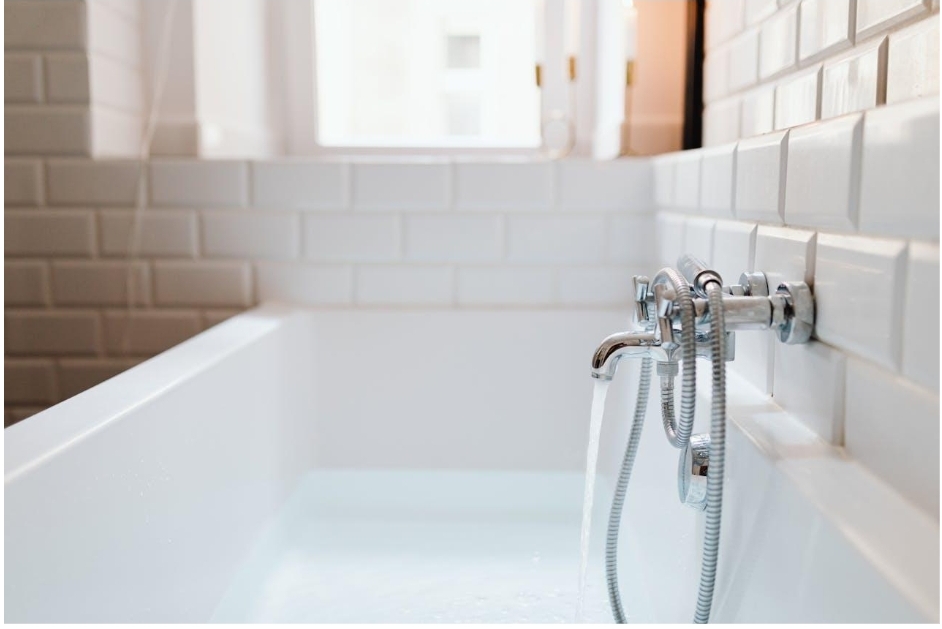Your home’s plumbing is like the circulatory system of the human body, ensuring everything runs smoothly and efficiently. Yet, it often doesn’t receive the care and attention it deserves until a dripping faucet becomes a waterfall or a clogged drain causes a backup.
Regular maintenance and mindful usage can prevent most plumbing issues and save you from costly repairs down the line. In this guide, we will walk through four critical tips that can help protect your home’s plumbing.
Regularly Check for Leaks
Leaks are silent but can be costly, both in terms of water waste and potential structural damage. They often go unnoticed until they’ve caused significant harm, which is why regular checks are crucial.
Start by examining the pipes under your kitchen and bathroom sinks for any signs of moisture or corrosion. Be thorough and check for small green or white deposits, which can indicate a slow leak.
Also, you can detect toilet leaks by adding a few drops of food coloring to the tank and seeing if any color appears in the bowl without flushing.
Monitor Water Pressure
Water pressure that’s too high can cause stress on your pipes, and ultimately result in leaks or bursts. Conversely, water pressure that’s too low can be a sign of a bigger issue with your municipal water supply or your home’s plumbing system.
Invest in a water pressure gauge to check the pressure periodically. This is a simple device that can be attached to any water outlet. If you find that the pressure is consistently high, consider installing a pressure-reducing valve to protect your plumbing.
Also, part of maintaining optimal water pressure involves routine tap repairs. Regularly check taps for drips or leaks and replace worn parts like washers and o-rings to ensure a tight seal.
Insulate Pipes in Cold Weather
In winter water in pipes can freeze, and as the ice expands, it can crack the pipes, leading to a significant mess and damage. Therefore, it’s crucial to insulate any exposed pipes in unheated areas, such as your garage or crawl spaces.
Electric heating tape or wrapping with foam pipe insulation can keep your pipes at a safe temperature even in the coldest weather.
Additionally, give attention to your water heater during cold months. Insulating your hot water tank and the first few feet of the nearby pipes can prevent heat loss, improve efficiency, and reduce the strain on your heating system.
Maintain Drains to Avoid Clogs
Avoid rinsing large food particles down the kitchen sink, and never pour fats or cooking oils down the drain. In the bathroom, prevent hair clogs by using a drain stopper or cover. For showers and tubs, a quick clean after every use with a mesh strainer to remove hair and soap scum can do wonders.
You can also pour a mixture of hot water, vinegar, and baking soda down your drains monthly to help keep them clear.
When dealing with a minor clog, skip the harsh chemicals that can corrode your pipes and harm the environment, opting instead for a plunger or a plumbing snake. Then, finish with a natural solution of baking soda and vinegar as a preventative measure.

